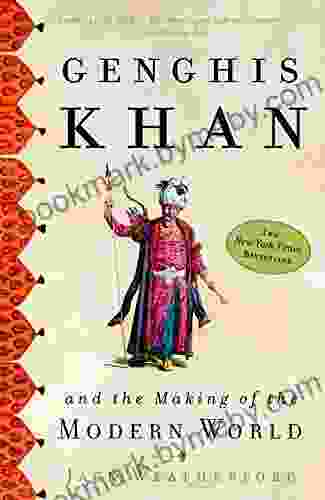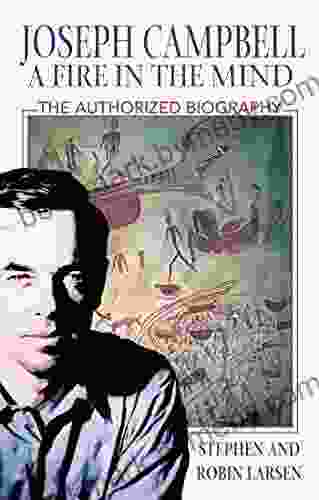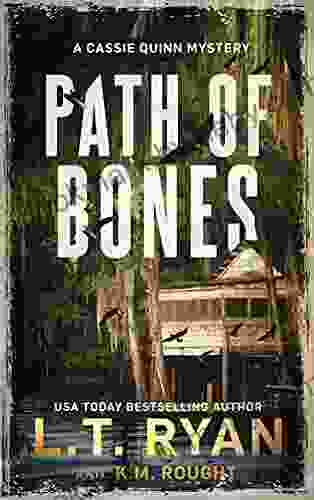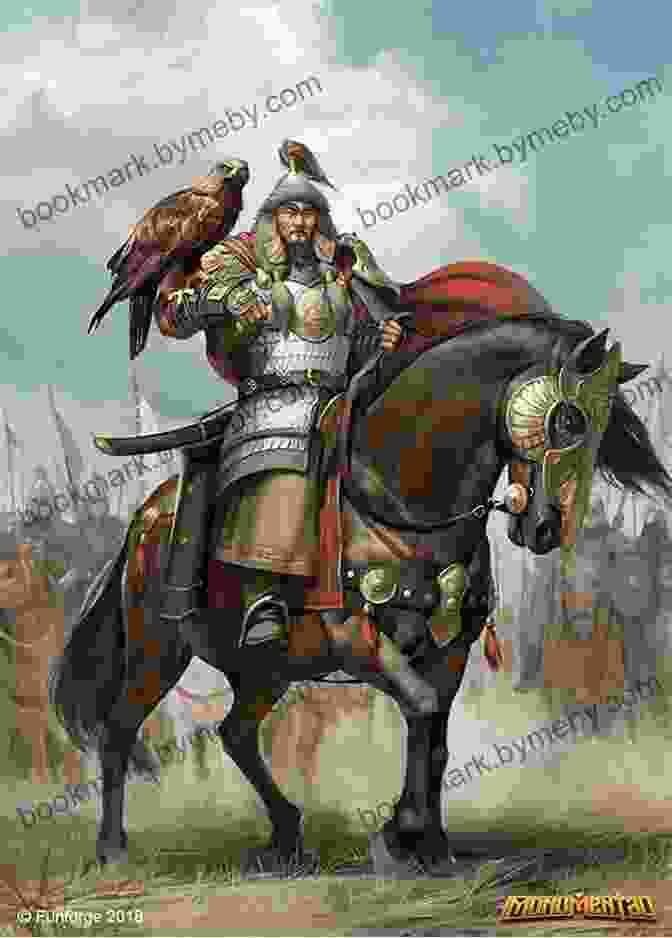
Discover the enigmatic and influential figure of Genghis Khan
In the vast tapestry of history, few individuals have left an imprint as profound and enduring as Genghis Khan. As the founder and first Great Khan of the Mongol Empire, he orchestrated one of the most remarkable conquests in human history, stretching from the steppes of Central Asia to the gates of Europe. But beyond his military prowess, Genghis Khan's legacy extends far beyond the battlefield, shaping the contours of the modern world in ways that continue to resonate today.
Unifying Eurasia and Establishing Pax Mongolica
Genghis Khan's conquests created an unprecedented interconnectedness across vast swaths of Eurasia. By unifying once-disparate regions under a single political umbrella, he fostered a climate of peace and stability known as the Pax Mongolica. This period of relative harmony facilitated the flow of goods, ideas, and technologies across the Mongol Empire, creating a melting pot of cultures and innovations that would have a profound impact on global civilization.
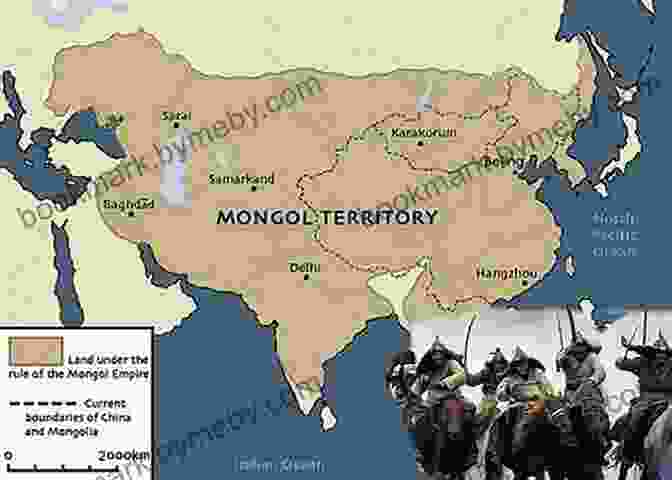
Revitalizing the Silk Road and Global Commerce
The Pax Mongolica was instrumental in revitalizing the ancient Silk Road, transforming it into a vibrant artery of international trade and cultural exchange. Genghis Khan's policies of religious tolerance and support for merchants created an environment conducive to the movement of goods and ideas. This resulted in an unprecedented flow of luxury goods, spices, and technologies between East and West, fostering economic growth and cultural enrichment in both regions.
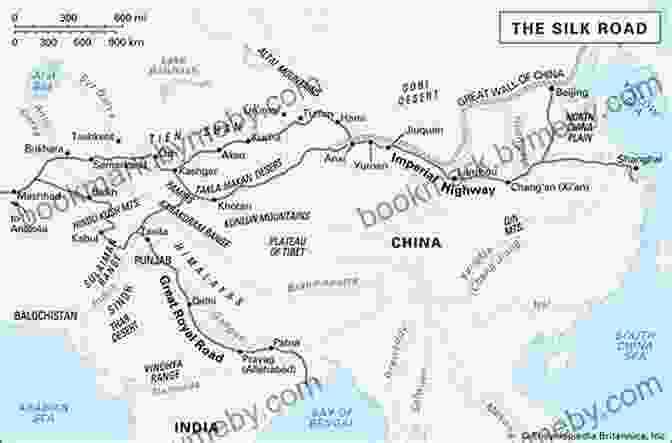
Innovations in Communication and Technology
Genghis Khan's empire also played a pivotal role in advancing communication and technology. The Mongols introduced a standardized postal system that spanned the vast expanse of their empire, enabling the swift transmission of messages and facilitating administrative efficiency. Additionally, they developed a written script that was used for official documents, further enhancing communication and record-keeping. These innovations laid the groundwork for more efficient administration and communication, which would have long-lasting effects on governance and social organization.
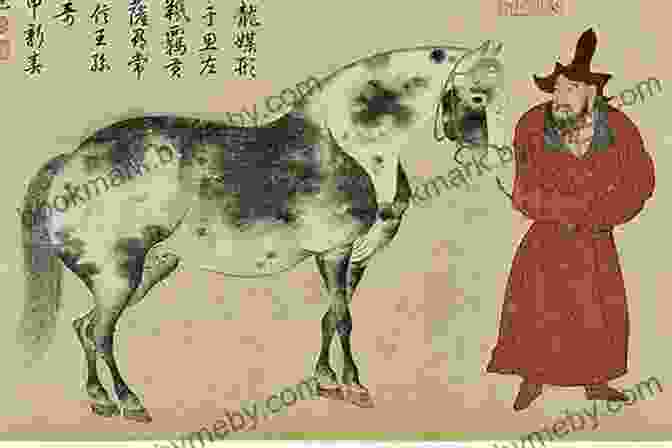
Environmental Impact and Conservation Policies
While Genghis Khan is often associated with war and conquest, his legacy also includes significant contributions to environmental protection. The Mongols implemented strict conservation policies to prevent overgrazing and preserve water resources. They also established vast hunting grounds, known as orkhons, where animals were protected from indiscriminate hunting. These measures helped to maintain ecological balance and ensure the long-term sustainability of the Mongol Empire's vast territories.
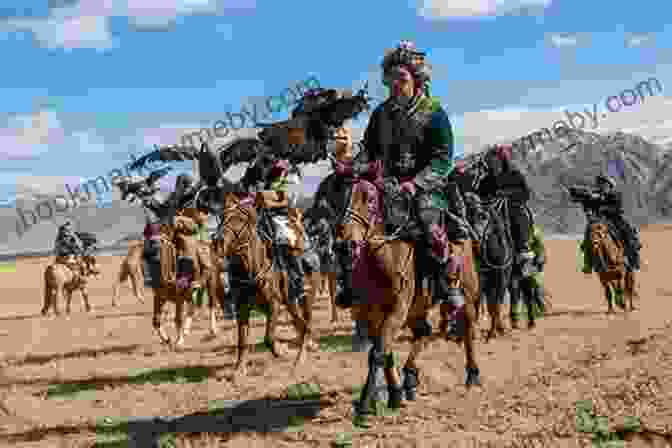
Lessons for Modern Leadership and Diplomacy
Genghis Khan's leadership style and diplomatic acumen offer valuable lessons for modern leaders and diplomats. He possessed an extraordinary ability to inspire loyalty and motivate his followers, fostering a sense of unity and purpose within his empire. His strategic thinking and diplomatic skills enabled him to forge alliances, negotiate treaties, and establish a vast network of vassals and tributary states. The principles of leadership and diplomacy employed by Genghis Khan continue to inform modern geopolitical strategies and negotiations.
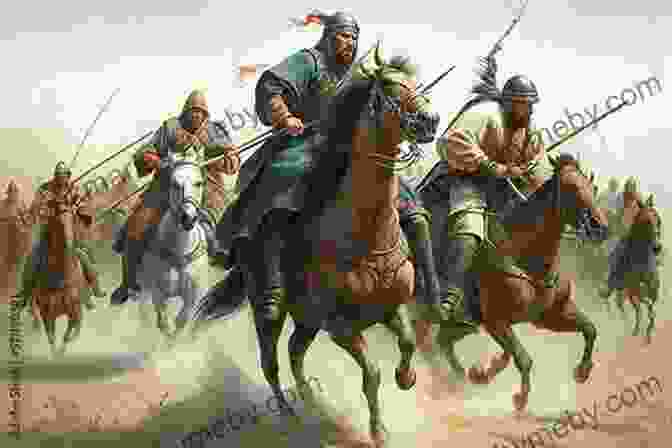
A Legacy that Transcended Time and Space
The legacy of Genghis Khan cannot be overstated. His conquests and empire laid the foundation for the modern world, shaping trade, communication, technology, and environmental stewardship in ways that continue to impact our lives today. By delving into his life and achievements, we gain a profound appreciation for the transformative power of one individual and the enduring impact that great leaders can have on history.
Jack Weatherford's acclaimed book, "Genghis Khan and the Making of the Modern World", provides a comprehensive and captivating account of Genghis Khan's life, conquests, and legacy. This must-read book offers a deep dive into the enigmatic and influential figure who shaped the course of human history.



